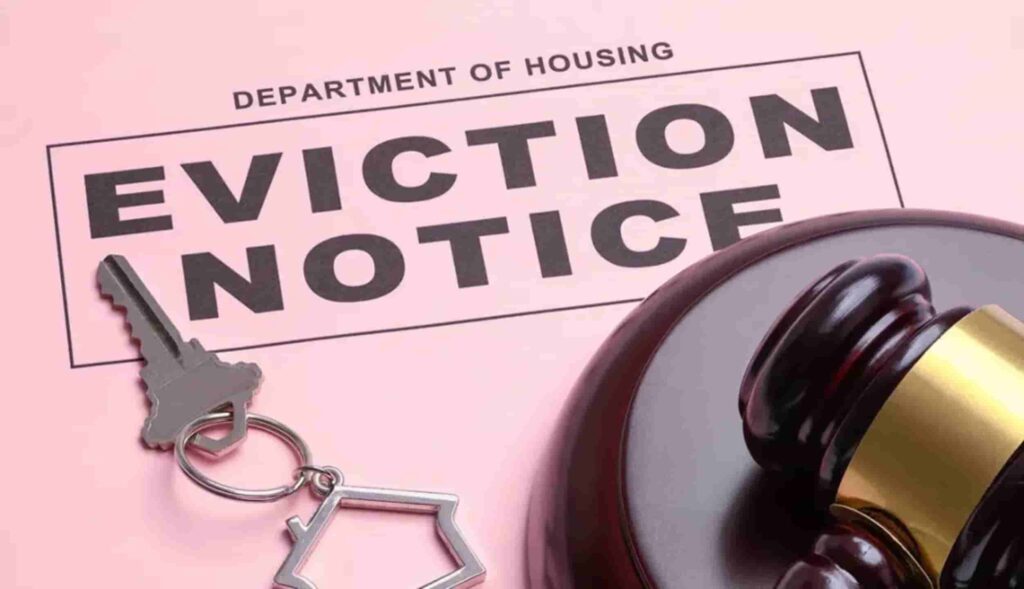Navigating Government Housing and Medical Marijuana in Virginia: What You Need to Know
In recent years, the legalization of medical marijuana has sparked a myriad of questions and concerns, particularly for individuals residing in government housing. For those in Virginia, where medical marijuana laws have undergone significant changes, understanding the implications of holding a medical marijuana card while living in government-assisted housing is crucial. In this blog post, we delve into the complexities surrounding this issue and provide clarity on whether having a medical marijuana card in Virginia could jeopardize one’s government housing status.
Understanding Medical Marijuana Laws in Virginia
Before diving into the specifics of government housing, it’s essential to grasp the current landscape of medical marijuana laws in Virginia. In 2020, Virginia enacted legislation to legalize medical marijuana, allowing qualified patients to access cannabis products for therapeutic purposes. However, it’s important to note that recreational marijuana remains illegal in the state.
Under the Virginia Medical Cannabis Program, individuals with qualifying medical conditions can register for a medical marijuana card, granting them legal access to cannabis-based treatments. Qualifying conditions may include chronic pain, epilepsy, multiple sclerosis, and other debilitating ailments as determined by a licensed physician.
Government Housing Regulations and Marijuana Use
The intersection of medical marijuana and government housing introduces a layer of complexity due to federal regulations that govern public housing programs. While some states have adopted policies to accommodate medical marijuana users in public housing, the federal government still classifies marijuana as a Schedule I controlled substance, creating a potential conflict for individuals residing in government-assisted housing.
Public housing programs, such as those administered by the Department of Housing and Urban Development (HUD), operate under federal guidelines that prohibit the use of illegal drugs, including marijuana, on their premises. This blanket prohibition extends to medical marijuana despite its legal status at the state level in certain jurisdictions.
Potential Risks and Considerations
For individuals living in government housing who hold a medical marijuana card in Virginia, several risks and considerations come into play:
Termination of Housing Assistance: Federal housing authorities retain the discretion to terminate housing assistance or evict tenants found to be in violation of drug policies, including the use of marijuana, regardless of its medicinal purpose.
Conflicting State and Federal Laws: The conflict between state-level legalization and federal prohibition creates a legal gray area that can leave medical marijuana users vulnerable to repercussions, particularly in federally funded housing programs.
Reasonable Accommodation Requests: In some cases, individuals may seek reasonable accommodation under the Fair Housing Act to use medical marijuana as a form of treatment without facing eviction or loss of housing benefits. However, success in such requests can vary depending on individual circumstances and legal interpretations.
Risk of Criminal Prosecution: While medical marijuana users may be shielded from state-level prosecution under Virginia law, they remain subject to federal enforcement actions, which could potentially lead to legal consequences and jeopardize their housing situation.
Navigating Legal Protections and Support
Despite the challenges posed by conflicting laws and regulations, there are avenues for individuals to seek protection and support when navigating the intersection of medical marijuana and government housing:
Legal Counsel: Seeking guidance from legal experts who are well-versed in housing law and medical marijuana regulations can provide invaluable support in understanding one’s rights and potential legal remedies.
Tenant Advocacy Groups: Organizations dedicated to tenant rights and fair housing advocacy can offer resources and assistance to individuals facing housing-related challenges, including those related to medical marijuana use.
Policy Advocacy: Engaging in advocacy efforts to reform housing policies and regulations concerning medical marijuana can help raise awareness and foster change at the local, state, and federal levels.
Community Support: Building networks within the medical marijuana community and connecting with peers who have faced similar challenges can provide emotional support and practical advice for navigating housing issues.
Conclusion
The question of whether one can lose government housing due to holding a medical marijuana card in Virginia underscores the complexities inherent in balancing state legalization with federal regulations. While medical marijuana offers therapeutic benefits for individuals with qualifying conditions, it also presents challenges for those living in government-assisted housing.
Navigating this terrain requires a nuanced understanding of legal frameworks, advocacy efforts, and support networks to safeguard housing stability while accessing medical treatment. As legislative and societal attitudes continue to evolve, it is essential to advocate for policies that prioritize patient rights and equitable access to safe and affordable housing for all individuals, including medical marijuana users.

Dr. Nicholas Marsh has been a respected board-certified anesthesiologist in Northern Virginia for over 35 years. Recognized as a top doctor by FindaTopDoc.com, his vision for providing top-quality medical services is driven by his passion for patient comfort and dignity.

